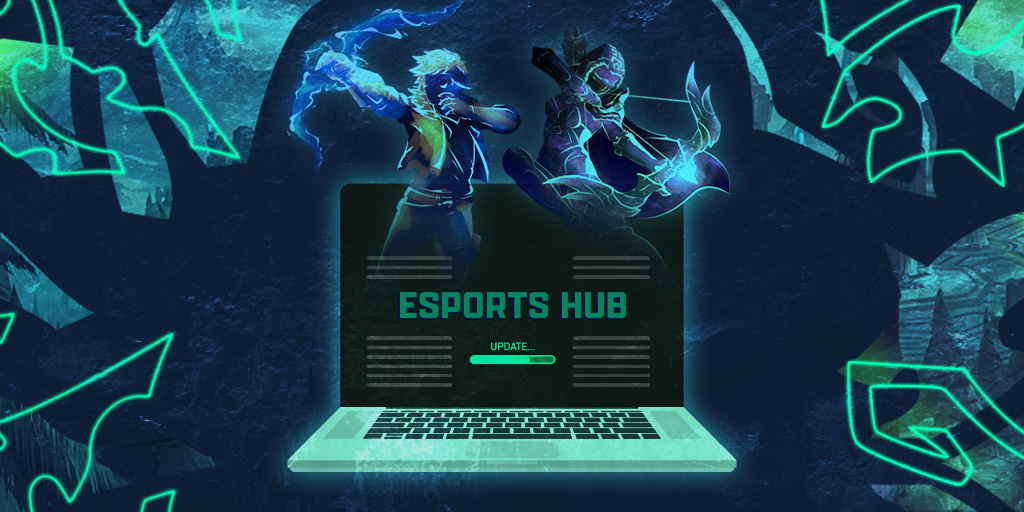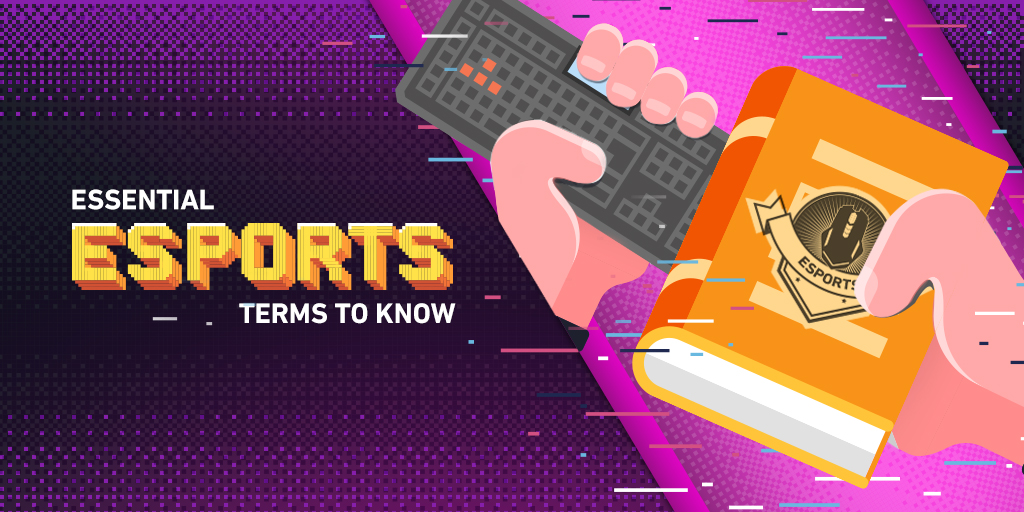Sports psychologists have been a core team member in traditional sports for a while now, but esports organisations have recently begun exploring the advantages of employing professionals for their players. There are already a few case studies where psychologists have had a tremendous effect and helped push a team to the top of their game, Astralis and OG to name a couple.
What does an esports psychologist do?
Differing from a more generic psychology role, a professional esports psychologist role tends to focus on three main components in an organisation: Individual players, the team as a whole and coaches. The threefold approach tackles different issues that can be found in professional esports teams from individual stresses of performing on the big stage to creating a common goal within the team.
Many esports psychologists work closely with teams, sometimes even embedding themselves within team houses. Being an accessible member of the team is a common tactic for psychologists working with a team, as team members are required to embrace the plan in order for the results to come to fruition.
By being so embedded, the psychologists are able to work on the micro-level to implement their techniques and are able to work with individual team members on a daily basis. These techniques help players to work through personal issues, stress and dealing with the pressures of esports. The iterative nature of the techniques requires players to fully embrace the exercises in order to produce the desired results.
On the macro level, esports psychologists aim to provide a common goal for all members of the team, including the coaches and support staff. Having a finish line helps organisations to maintain focus and all members are able to work towards the same objective.
The psychologists also work closely with coaches, as they are a crucial member of the team that can provide insight to the team during a live game, and also have the most influence over the individual players. CLG League of Legends coach and professional sports psychologist Weldon Green says that in “an ideal world every coach would have a master’s degree in sports psychology”.
Successes: Astralis & OG
Back in 2017, Astralis was a world-beating team, with fragging power off the charts. They would ostensibly be a favourite to win any tournament they attended, with the exception of Majors. Astralis’ failure to perform at Major competitions started to affect the team, until the ELEAGUE Atlanta Major, where they would break a disappointing spree of semi-final finishes and finally win the biggest competition in CS:GO.
Post-Major, ‘Dupreeh’ spoke at a press conference and complimented the work the team psychologist (Mia Stellberg) had done. Stellberg has a background in sports psychology having worked with athletes for Olympic competitions but has since introduced her techniques into esports. She describes the role she played with Astralis in three main areas of work: individual, team morale and coaching techniques.
In an interview with HLTV, ‘Dupreeh’ was “sure a lot of players are still stuck with that ‘what am I supposed to do with a psychologist?’ feeling” and proclaimed that “it really does make a difference”. His thoughts demonstrate Astralis’ openness as a team is what made an esports psychologist a viable investment.
Astralis’ obvious breakthrough has led to continuing success in the CS:GO world, capturing the attention of organisations within the esports industry. So much so that one of the biggest teams in Dota 2 hired Stellberg to assist them during the biggest competition in the calendar, TI9.
Stellberg saw great success with the Dota 2 team OG, who went on to win two Internationals in a row - becoming the first team to ever accomplish the feat. Her work with the team became a focal point during the competition, with the team breaking multiple records and ‘curses’, which the Stellberg does not believe in: “I’m a scientist, I’m a person who doesn’t have these kinds of beliefs or superstitions,”, she was quoted.
The psychologist has built up an ‘esports whisperer’ reputation, as it seems any organisation she works with experiences superior results, much of which is laid at the feet of her input. Stellberg is currently working with Finnish organisation ENCE and we look forward to seeing their results, but what happens when esports psychology isn’t enough?
The story of Team Ember
Esports psychology has produced some impressive results in recent times, but it wasn’t always so successful. One story of teams failing to adopt psychology is Team Ember. Ember brought on sports psychologist Weldon Green just a week before their promotion games, and even offered him a coaching role.
Green has since gone on to have success with TSM and CLG, but due to the small amount of time with Team Ember and the lack of engagement, an esports psychologist was just not enough for team Ember to survive. Ember would go on to disband just a week after recruiting the psychologist onto their support team.
It is important to remember that these events occurred in 2016 when esports psychology wasn’t as respected as it was today. Could more time with the psychologist have helped improve Team Ember’s chances of promotion?
The psychological techniques that these psychologists are introducing to esports organisations requires players and support staff to fully embrace them if they are to work, and we have seen the payoffs for this belief.
An esports psychologist is not a fix-all solution for a team’s lack of results. The work of these professionals helps teams and individuals reach their potential skill level despite the massive stresses of the playing on stage and extremely high expectations.
It is important to remember that an esports psychologist is not a fix-all solution and they can only provide value in optimal conditions. They are also a very expensive investment for any esports organisation, providing assistance in specific circumstances.







